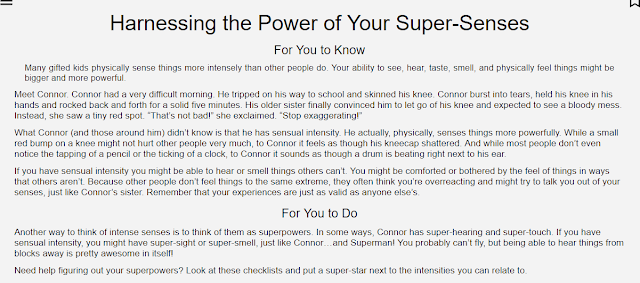Handling Feedback and Constructive Criticism
“Criticism is something we can avoid easily by saying nothing, doing nothing, and being nothing.” –attributed to Aristotle Humans, in general, do not like criticism. We often take it personally (as an attack on our character), even if the feedback is about a project of ours, a random action, or an opinion we need to refine. In general, we have a hard time separating ourselves from the “thing” being criticized. Is it possible to handle criticism in a positive way? Yes. Our first natural reaction to criticism is to become defensive. However, if we can overcome this tendency, an entire new world of learning awaits on the other side. Instead of spending our time trying to justify whether or not the criticism was warranted, we can take a moment to give the content some thought and look for positive lessons. If your overall goal is to become a better person (or better student, better musician/athlete, artist, etc.), your first job is to realize some critical feedback directed at you wi...







